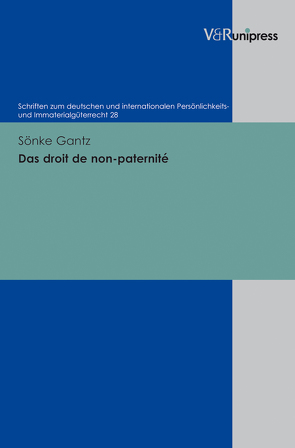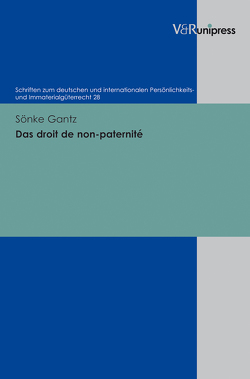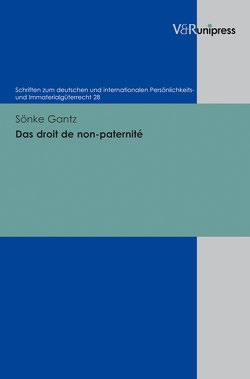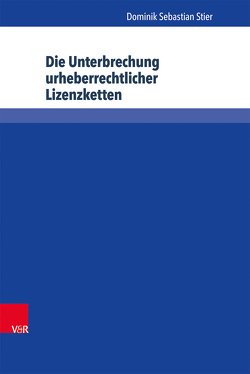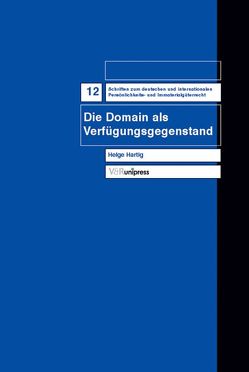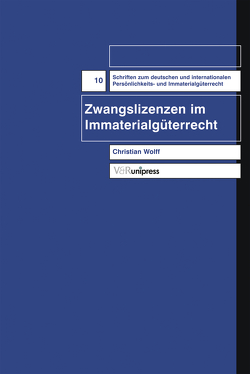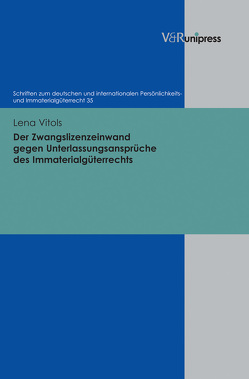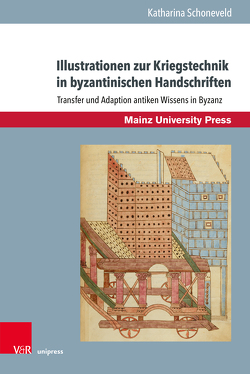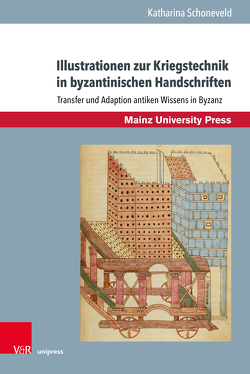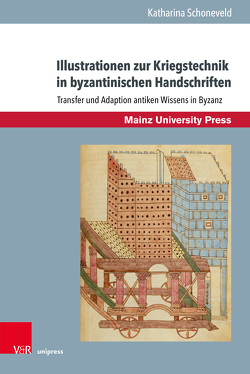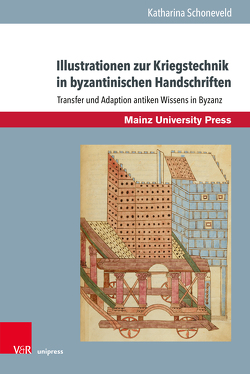Das droit de non-paternité
Sönke Gantz, Haimo Schack
The right to claim authorship of one’s own work (droit de paternité) is codified in § 13 UrhG. In contrast, a right against the false attribution of work (droit de non-paternité) is not regulated by German law. This proves especially problematic if style counterfeiting in combination with a forged signature is foisted on famous painters after their death – as has happened in the Nolde-Case (BGHZ 107, 384). Approximately within the first 30 years after an artist’s death, false attributions can be repelled effectively by the German post-mortem general right of personality. Then, however, this right diminishes. The copyright protection of the author’s work granted by the UrhG, on the contrary, persists exactly seventy years beyond the author’s death according to § 64 UrhG. To eliminate this loophole, some German authors propose to include a droit de non-paternité in the UrhG. This solution, however, would overstretch the copyright’s scope of protection beyond the author-work relationship and is therefore rejected by the present author. In view of the economic effects style counterfeiting may have, he proposes a protection of the signature as a trademark-related sign by the MarkenG instead.
